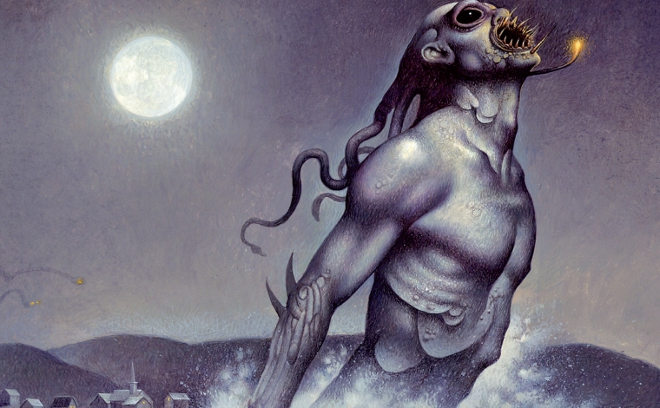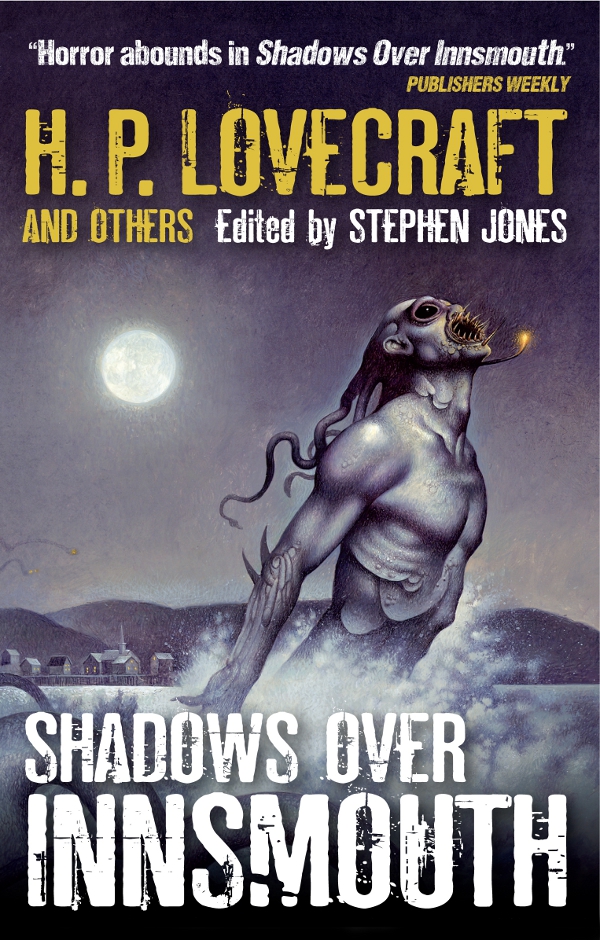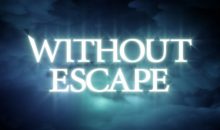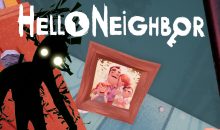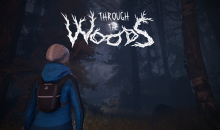Something’s Fishy In the Canon: Shadows Over Innsmouth
Of all the strange and specific things about the canon of HP Lovecraft – the Cthulhu Mythos, which has no shortage of strange – the one that’s always struck me is how little of it old Howard Phillips wrote himself. He was prolific as hell, of course, but the sheer sprawl of Mythos works by his contemporaries and successors outweighs Lovecraft’s own original works. And thanks to his lassez-faire attitude towards his own copyright, we’re free to indulge in generations of top-notch tentacley fan fiction, which every so often gets collected into an anthology of unmentionable eldritch horrors.
Titan Books is just now re-releasing one of said anthologies, Shadows Over Innsmouth, a collection originally published in 1994 but a little difficult to find these days, until now. The title, of course, is from the Lovecraft original that (as usual with these anthologies) leads the piece; “The Shadow Over Innsmouth,” the chronicle of a crumbling seaside town in Massachusetts with a dark secret, is one of the keystones of the Mythos. Any sort of review of that story would be redundant, and fairly, many of these stories have been around in various collections since ‘94 as well. What we can talk about is Shadows Over Innsmouth as a presentation of the Cthulhu Mythos and a gateway into it for people with a distinct lack of cyclopean horrors in their lives.
The gimmick behind Shadows is fairly inspired – collecting stories related to the denizens of Innsmouth and arranging them in roughly chronological order, snapshots of fishy business from Lovecraft’s own 1920s up through roughly the 80s or 90s. Some of them hew fairly close to the Lovecraft formula, direct tributes to HP’s own florid tales of scholastic inquiry and terrifying discovery, while others take the squamous ball and run with it into diverse areas like Celtic mythology, cyberpunk horror, and detective noir. The latter are generally the stronger, whether because they correlate to more adventurous and confident writers or just because Lovecraft already nailed his stuff the first time around.
Interestingly, the two strongest stories in the collection are both noir takes. I’d read Neil Gaiman’s “Only the End of the World Again” before, and there’s little to say about the inimitable Neil that hasn’t been said already and better. “World,” if you didn’t catch it in Smoke and Mirrors or elsewhere, concerns Larry Talbot, detective werewolf (YUP YOU READ THAT RIGHT) having a run-in with the cultists of Innsmouth; it doesn’t quite have the humor of Talbot’s other feature piece, but Gaiman’s characteristic flair for low-fi creepiness and starkly poetic dialogue bring the horror to life. The other noir piece is “The Big Fish,” by Jack Yeovil, a pseudonym that horror writer & film critic Kim Newman most often employs, curiously enough, to write Warhammer Fantasy tie-in novels. I haven’t read any of them or his other work, but I think I’ll have to; “Fish” is a delight, a straight-ahead pulp detective story with feuding actresses and boat-dwelling gamblers, set against the backdrop of anti-Japanese sentiment and war panic of 1940s California. It would almost work well enough without the Lovecraft canon, but a dose of the cursed progeny of Innsmouth takes Yeovil/Newman’s story just over the top enough. It’s fun in a way that most Mythos stories aren’t, but still skin-crawlingly creepy in the way that the best are.
Beyond those two, a highlight is the best of the straight Lovecraft tributes, Adrian Cole’s “The Crossing.” Cole, author of a whole pile of English fantasy series, takes a deft stab at one of the creepiest elements of Innsmouth – the far-flung people unknowingly descended from the tainted blood of the Innsmouth clans. “The Crossing” is a short, punchy horror story with a couple set pieces that cleverly nod to the original, but it’s also a surprisingly affecting story about fathers and sons. It does what the best Mythos stories do, which is make you look at Lovecraft’s originals in a new light; maybe Innsmouth’s fish-bred monsters were born mostly of HP’s own bigotries and terror of miscegenation (dude was kind of a mess), but you could also consider them as a fear of what completely non-supernatural buried corpses might lie in one’s family tree.
The aforementioned dives into Celtic myth and cyberpunk – “Daoine Domhaine,” by Peter Tremayne and David Langford’s “Deepnet,” respectively – are also good reads, particularly the former. When you’re taking your cues from a piece of fiction 70 years old (at the time of original publication), a breath of fresh air is to be preferred. As such, none of the other stories are bad at all – but none of them particularly stand out, because they’re all mostly mining the same ground for the same gems.
Here’s where I’d like to say that Shadows Over Innsmouth’s republication is timely, but sadly, Guillermo Del Toro still hasn’t gotten that At the Mountains of Madness movie going. So no “What the hell is an HP Lovecraft” media buzz. But if you want a good entry point into the Lovecraft canon, this particular squishy, scaly, Stygian sector is as good a place to start as any; if you’re already well-invested, I’m not sure what’s provided here that isn’t elsewhere, but the Adrian Cole & Jack Yeovil stories alone might be worth the purchase.

